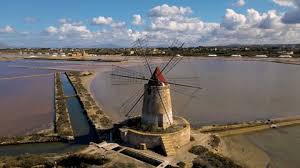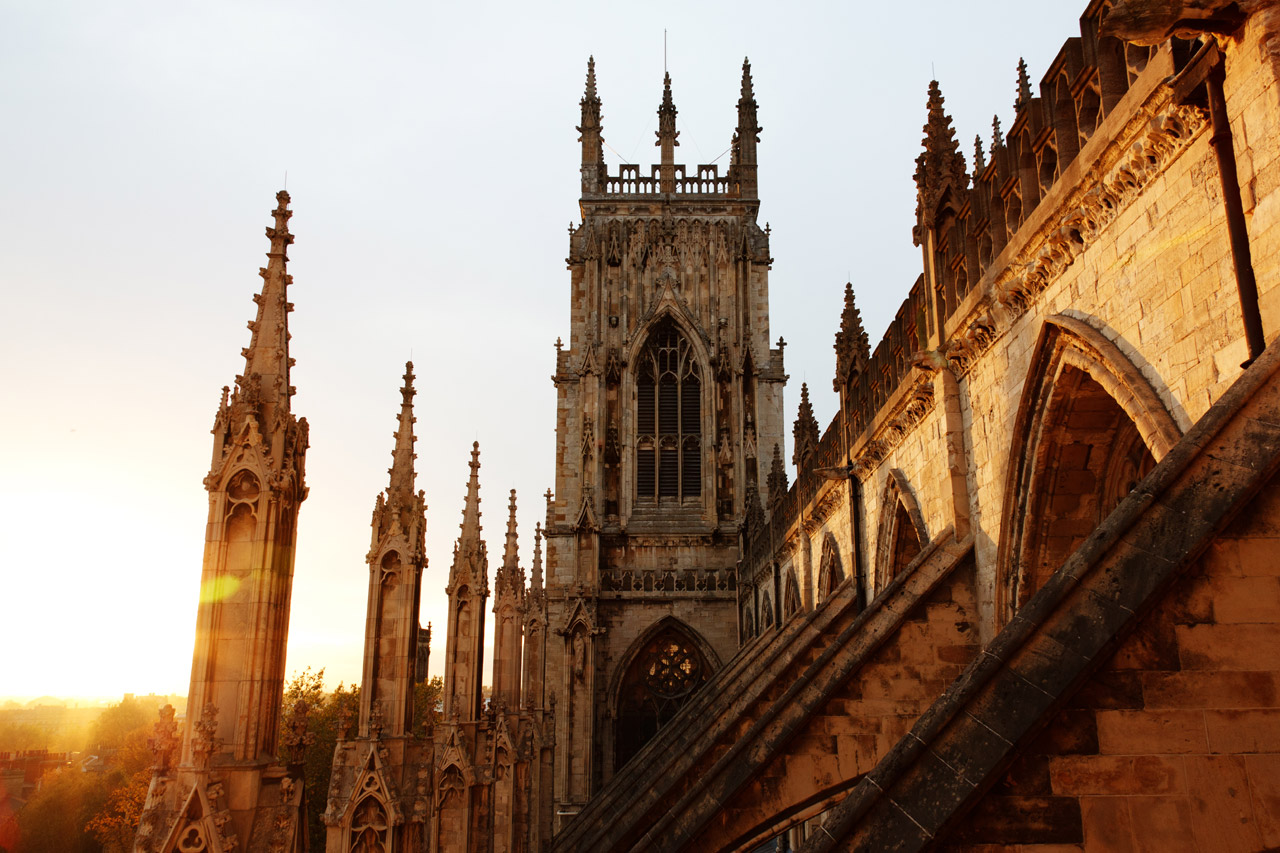
The Importance of Sicily
Sicily, the largest island in the Mediterranean Sea, is a vibrant tapestry of history, culture, and natural beauty. Its significance extends beyond geographical features, acting as a crossroads of ancient civilisations and a cradle for diverse traditions. This unique blend makes Sicily not just a tourist destination but a region of immense cultural value, deeply connected to its roots and the wider narrative of European history.
Rich Historical Tapestry
The history of Sicily is complex, marked by various civilisations, including the Greeks, Romans, Arabs, and Normans. From the Valley of the Temples in Agrigento, where ancient Greek ruins thrive, to the Norman Palace in Palermo, every corner of Sicily showcases its layered past. Recent archaeological finds continue to unveil details about the island’s rich history, providing insights that attract scholars and tourists alike. As of late 2023, ongoing excavations in sites like Morgantina have yielded fascinating artefacts, reflecting the historical significance of the region.
Cultural Melting Pot
Sicily is renowned for its vibrant culture, driven by a mix of influences stemming from its diverse history. The island hosts numerous festivals, such as the famous Sicilian Carnevale, showcasing local music, dance, and food. Traditional Sicilian cuisine, famed for dishes like arancini and caponata, is a must-try for anyone visiting. The Mediterranean climate has allowed for a rich agricultural industry that supports local food markets and culinary traditions. Furthermore, Sicilian street food has gained international recognition, highlighting the island’s unique flavours and cooking techniques.
Stunning Natural Landscapes
The breathtaking landscapes of Sicily range from the majestic Mount Etna, Europe’s most active volcano, to the serene beaches along the coastlines. Tourists flock to the Alcantara Gorges and the stunning coastal region of Taormina, famed for its panoramic views and picturesque beaches. These natural wonders not only attract visitors but also serve as vital ecosystems that highlight the importance of conservation efforts. In recent years, the Sicilian government has initiated various programmes aimed at protecting these natural landscapes from environmental threats.
Conclusion
Sicily stands as a testament to the confluence of history, culture, and nature. Its ongoing archaeological discoveries, vibrant traditions, and stunning scenery make it a region of continual discovery. As tourism continues to rise post-COVID-19, it is imperative for both locals and visitors to engage in responsible tourism practices that respect Sicily’s rich cultural heritage and fragile ecosystems. Looking ahead, Sicily aims to enhance its status as a leading cultural and natural destination in the Mediterranean, inviting all to explore its unique charm.
You may also like

Discovering the Beauty and Culture of Norway

Exploring Monmouth: History, Attractions and Community
